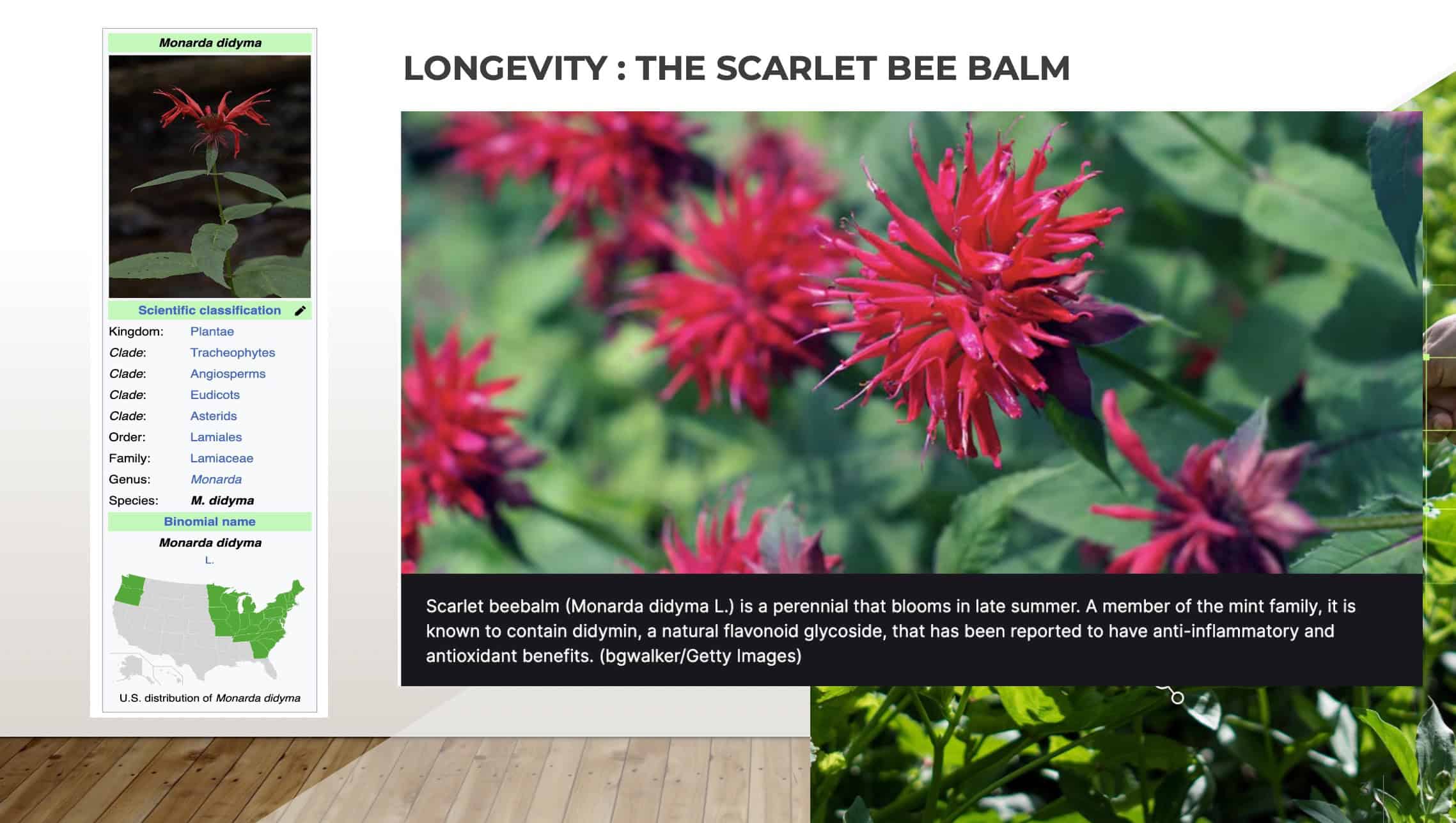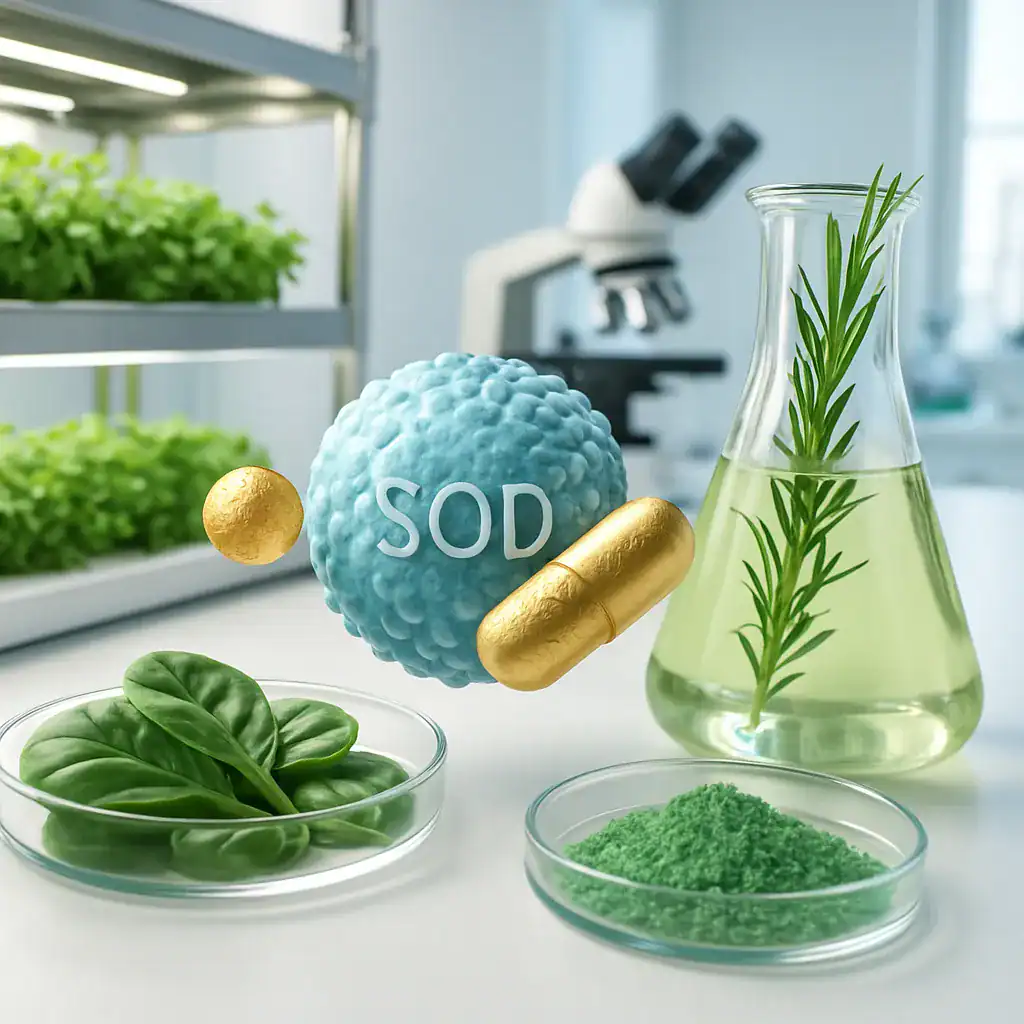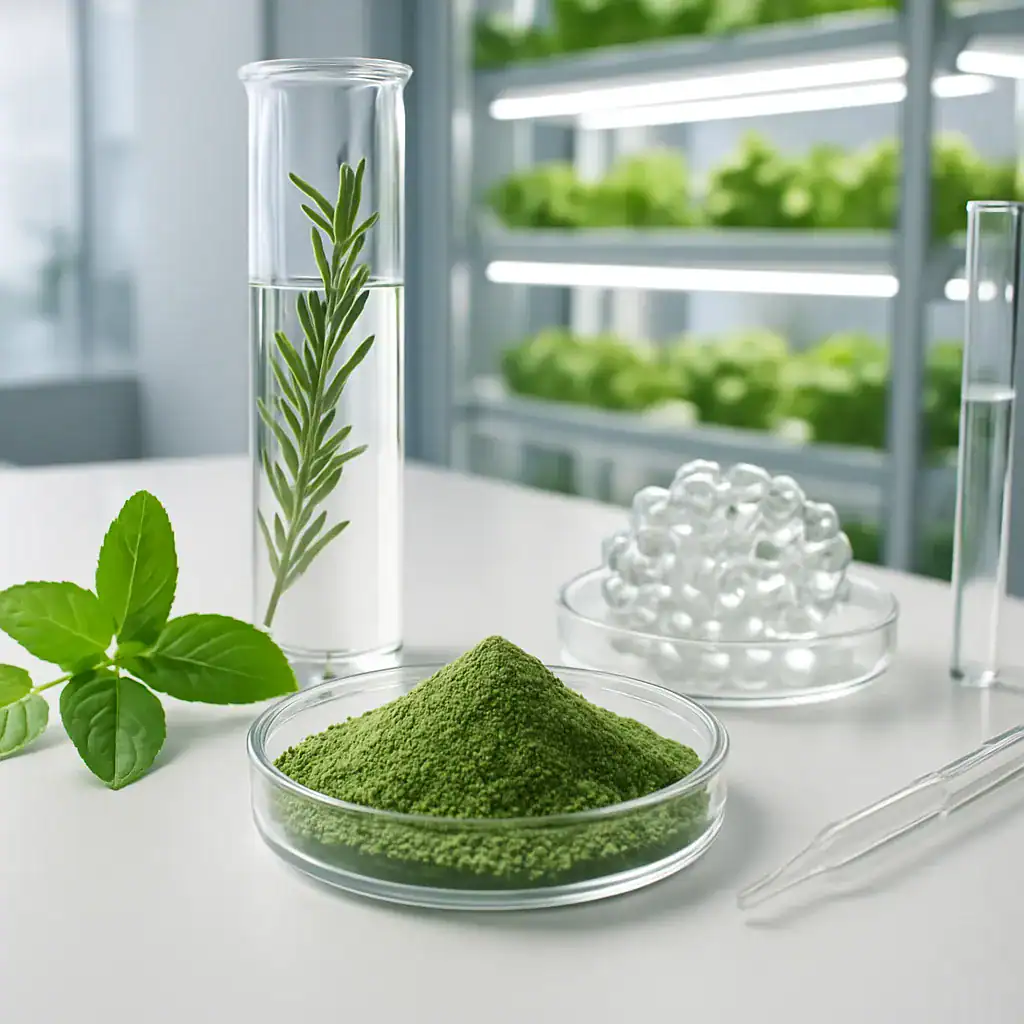From Farm to Bottle: Ensuring Residue-Free Herbal Supplements
Understanding the Power of Vertical Farming in Modern Agriculture
Have you ever wondered how we’ll feed a growing population while preserving our planet’s dwindling resources? That’s where vertical farming comes into play. Vertical farming represents a revolutionary approach to agriculture that cultivates plants in stacked layers within controlled environments. Unlike traditional farming, which spreads horizontally across acres of land, vertical farming builds upward, maximizing production in a minimal footprint.
But vertical farming isn’t just about space efficiency—it’s transforming how we produce high-quality botanicals for nutraceutical applications. Companies like PhNóva are harnessing these advanced growing techniques to cultivate superior plant-based compounds with unprecedented potency and purity. The controlled environment eliminates the need for pesticides while optimizing light, temperature, and nutrient delivery to each plant.
You might be surprised to learn that plants grown through vertical farming techniques can contain up to 30% higher concentrations of beneficial compounds than their conventionally grown counterparts. This is particularly significant when cultivating plants specifically for their bioactive constituents rather than simply for food. The precisely controlled growing conditions enable growers to stress plants in beneficial ways that enhance the production of protective compounds—the very compounds that provide health benefits when consumed.
Key Vertical Farming Technologies Enhancing Nutraceutical Production
Hydroponics Systems: The Foundation of Soilless Cultivation
At the heart of most vertical farms lies hydroponics—a soil-free growing method where plant roots are suspended in nutrient-rich water solutions. This approach eliminates soil-borne diseases while delivering precise nutrition directly to plants. For nutraceutical applications, hydroponics allows for meticulous control of nutrient profiles, directly influencing the plant’s production of desired compounds.
But have you ever considered that the specific mineral composition in hydroponic solutions can dramatically alter a plant’s phytochemical profile? PhNóva’s vertical farming operation leverages this principle by customizing nutrient solutions that trigger enhanced production of target compounds like antioxidants, anti-inflammatory agents, and immune-supporting molecules.
Aeroponics: Maximizing Root Oxygenation and Nutrient Uptake
Taking soilless cultivation a step further, aeroponic systems suspend plants in air, misting their exposed roots with nutrient solutions. This technique provides unparalleled oxygenation to root systems, resulting in faster growth rates and higher metabolic activity. Plants grown aeroponically often develop more robust defense mechanisms, producing higher levels of beneficial compounds that translate directly to more potent nutraceutical ingredients.
LED Lighting Technology: Photobiology for Enhanced Bioactives
That’s clear, but have you considered the profound impact of light spectra on plant development? Modern vertical farms utilize specialized LED lighting that can be tuned to specific wavelengths, triggering targeted biological responses in plants. By manipulating light quality, intensity, and photoperiods, cultivators can effectively “program” plants to produce higher levels of specific compounds.
For instance, exposure to certain blue light frequencies can increase antioxidant production, while specific red wavelengths might enhance the development of anti-inflammatory compounds. PhNóva employs sophisticated light recipes that have been scientifically developed to maximize the production of functional compounds used in their nutraceutical formulations.
Our Key Areas of Expertise

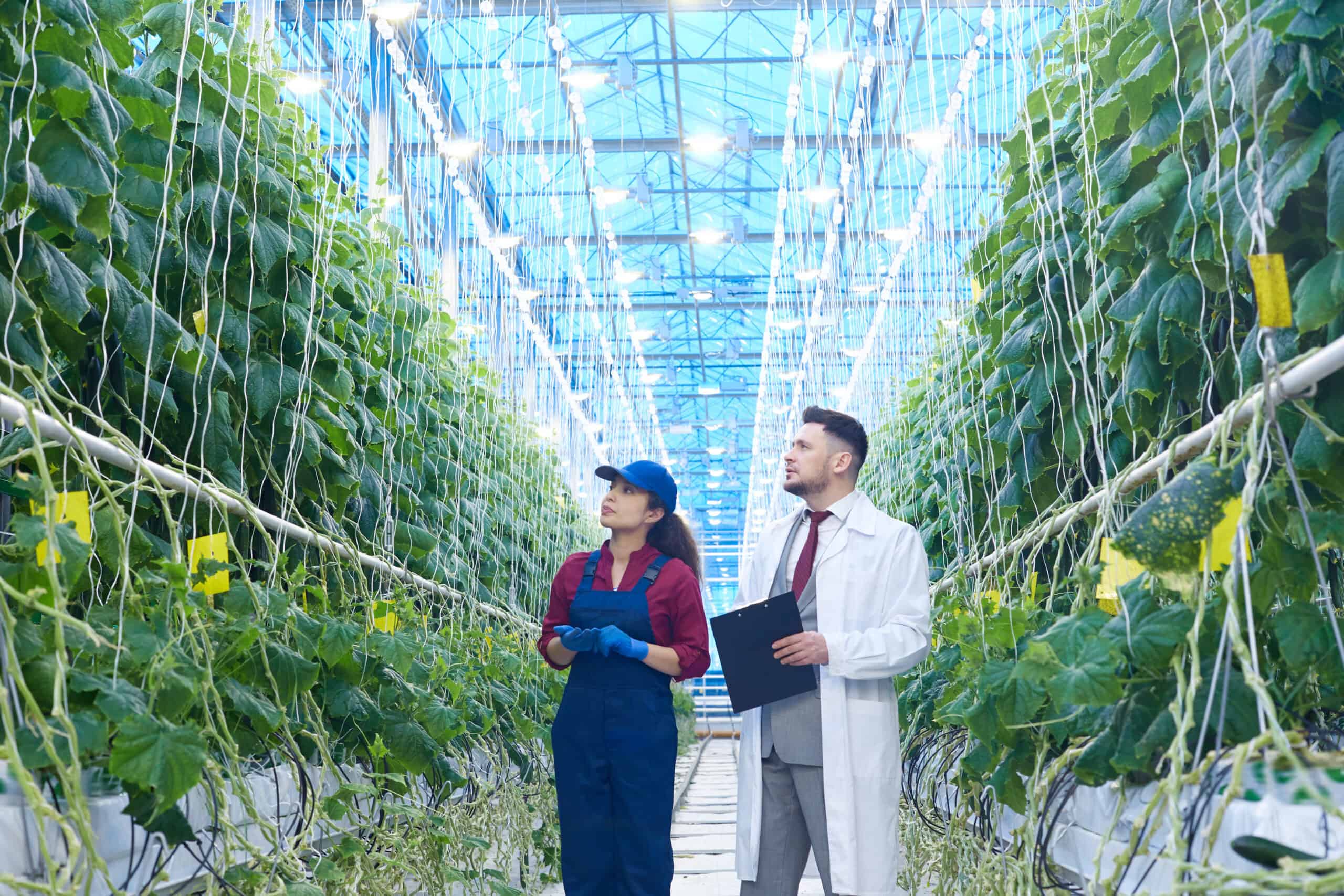

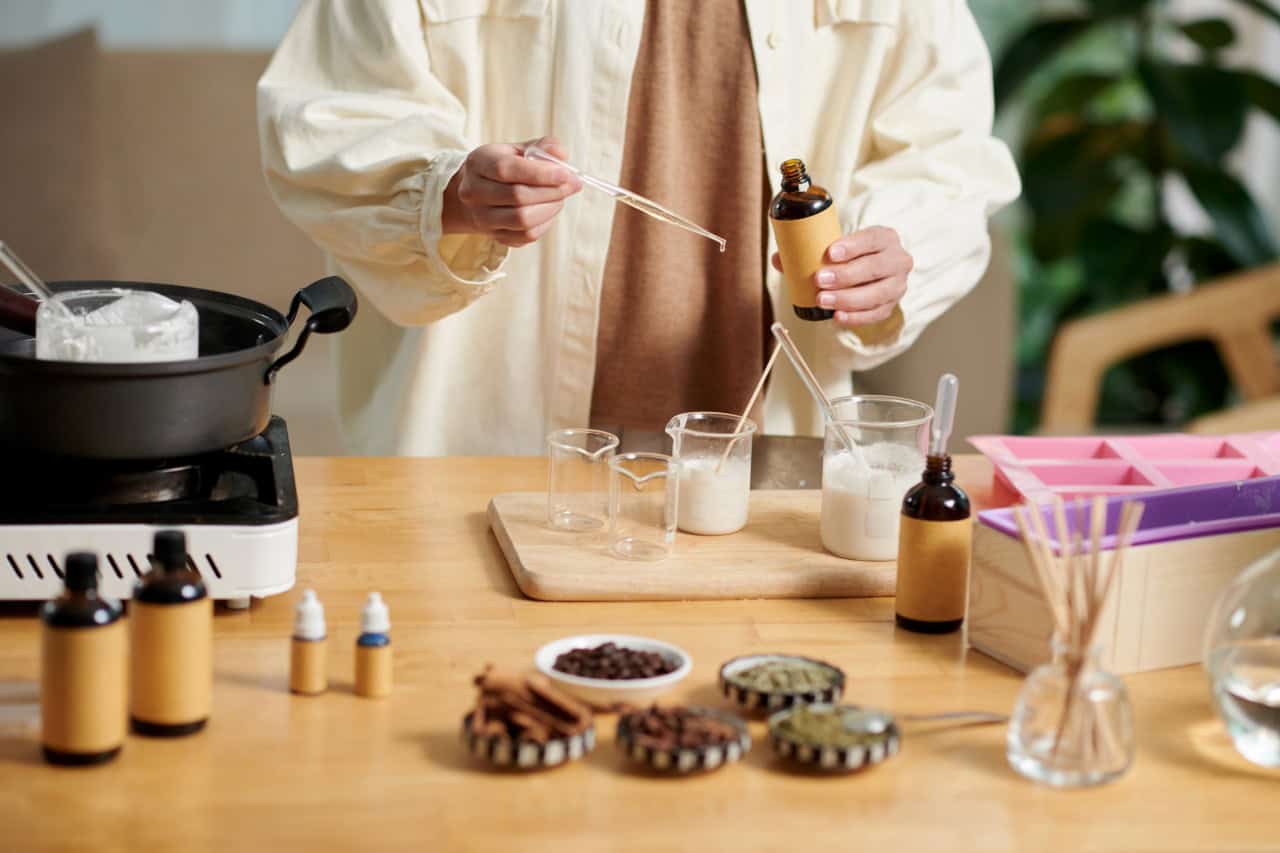
Integrating Vertical Farming into Modern Nutraceutical Production
The Sustainable Innovation Chain from Soil to Supplement
When you incorporate vertical farming techniques into nutraceutical production, you’re embracing an entirely new paradigm in sustainable product development. This innovative approach doesn’t exist in isolation—it forms a crucial link in a sophisticated chain of complementary processes that collectively enhance both efficacy and sustainability of health products.
Vertical farming serves as the foundation for creating superior botanical ingredients with precise phytochemical profiles. These carefully cultivated plants then flow into extraction, purification, formulation, and delivery systems, collectively creating products that address specific health concerns with unprecedented precision and minimal environmental impact.
Advanced Extraction Technologies Enhancing Bioactive Potential
The journey from vertically farmed plant to finished nutraceutical requires sophisticated extraction methods that preserve the integrity of sensitive compounds. Plants cultivated in vertical farms already offer advantages through their higher concentration of bioactives, but how these compounds are extracted plays an equally crucial role.
Supercritical CO2 Extraction: Preserving Thermosensitive Compounds
Supercritical extraction represents the ideal companion technology to vertical farming. This solvent-free process uses carbon dioxide in a supercritical state—exhibiting properties of both gas and liquid—to selectively extract desired compounds while leaving behind unwanted substances. For vertically farmed botanicals, which are cultivated specifically for their bioactive richness, this gentle extraction method ensures maximum preservation of their therapeutic potential.
You might notice that products derived from this combined approach demonstrate superior standardization and potency. The controlled growing conditions of vertical farming, paired with precise extraction parameters, create a level of consistency that traditional wildcrafted or field-grown botanicals simply cannot match.
Ultrasonic-Assisted Extraction: Enhancing Yield and Reducing Processing Time
For certain bioactive compounds, ultrasonic technology offers compelling advantages by using sound waves to disrupt cell walls and release intracellular contents. This technology pairs exceptionally well with vertically farmed botanicals, where the precise control of growing conditions has already optimized the cellular structure for maximum bioactive content.
Nanodelivery Systems: Maximizing Bioavailability of Vertical Farm Botanicals
Even the most potently grown and carefully extracted botanical compounds face challenges in bioavailability—the extent to which your body can absorb and utilize them. This is where exosome technology creates a perfect synergy with vertical farming.
Plant-Derived Exosomes: Nature’s Perfect Delivery Vehicles
Exosomes—natural nanoparticles that facilitate intercellular communication—represent a revolutionary approach to enhancing the therapeutic potential of botanical extracts. When combined with carefully selected compounds from vertically farmed plants, these natural nanovesicles dramatically improve:
- Cellular uptake of bioactive compounds
- Targeted delivery to specific tissues
- Protection of sensitive molecules from degradation
- Extended release profiles for sustained benefits
- Ability to cross biological barriers for enhanced efficacy
PhNóva’s Exosomes-Nutra platform exemplifies this integrated approach, where plant exosomes are paired with bioactive compounds from vertically farmed botanicals to create nutraceuticals with pharmaceutical-grade efficacy but derived entirely from natural sources.
Enhancing SOD Production Through Controlled Environment Agriculture
One compelling example of vertical farming’s impact on nutraceutical potency is seen in the production of Superoxide Dismutase (SOD)—a powerful antioxidant enzyme with remarkable anti-inflammatory properties. Traditional cultivation of SOD-rich plants like melons, broccoli, and barley grass is subject to environmental fluctuations that can dramatically affect enzyme levels.
Vertical farming resolves this variability by creating ideal stress conditions that maximize SOD production without compromising plant health. Through precise manipulation of light intensity, temperature variations, and controlled drought stress, cultivators can trigger the plant’s natural defense mechanisms to produce significantly higher SOD concentrations.
| Growth Factor | Traditional Farming | Vertical Farming | Benefit |
|---|---|---|---|
| Light intensity | Variable, weather-dependent | Precisely controlled with specific wavelengths | Optimized photosynthesis and stress response |
| Temperature fluctuation | Unpredictable | Programmed for ideal stress induction | Triggers enhanced SOD production |
| Water availability | Weather-dependent | Controlled drought stress | Activates antioxidant defense mechanisms |
| Pest pressure | Chemical controls required | Eliminated in controlled environment | No pesticide residues in final product |
| Harvest timing | Based on calendar or visual cues | Precision harvesting at peak bioactive levels | Maximum therapeutic potential |
Vertical Farming’s Role in Functional Food Development
Beyond traditional supplements, vertical farming is revolutionizing the emerging field of functional foods—products that blur the line between nutrition and medicine. The controlled environment of vertical farms allows for the cultivation of enhanced vegetables, herbs, and microgreens with tailored nutrient profiles specifically designed to address particular health concerns.
Microgreens with Macro Benefits
Microgreens—young vegetable greens harvested just after developing their first true leaves—contain up to 40 times the nutrients of their mature counterparts. When grown in vertical farming systems, their nutrient density can be further enhanced through specific light recipes and nutrient solutions.
PhNóva’s approach combines these nutrient-dense microgreens with proprietary bioavailability enhancers to create functional food ingredients that deliver therapeutic doses of beneficial compounds in everyday foods. This represents a fundamental shift in how we approach nutrition—moving from simply avoiding deficiency to actively promoting optimal health through food.
Aroma Neutra Technology: Improving Sensory Acceptance of Bioactive Compounds
The most potent nutraceutical is worthless if consumers won’t take it consistently due to unpleasant taste or odor. Many of the most beneficial compounds from vertically farmed botanicals have inherently bitter, astringent, or otherwise challenging sensory profiles.
Taste masking technologies therefore represent a critical component in the integrated production process. PhNóva’s Aroma Neutra systems use cyclodextrin encapsulation, liposomal delivery, and specialized flavor chemistry to ensure that even the most potent botanical extracts can be formulated into palatable products that consumers will use consistently enough to experience benefits.
R&D Consultancy
Discover how PhNóva’s R&D Consultancy can help transform your idea into a market-ready solution — with expert support in formulation, regulatory compliance, and innovative delivery systems to give your product a competitive edge.
FAQ's about From Farm to Bottle: Ensuring Residue-Free Herbal Supplements
Get in Touch with PhNóva
Have questions or need expert guidance? Contact us today — our team is ready to assist you with tailored solutions for your formulations.

25/03/2025



